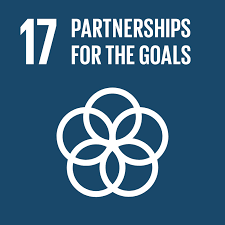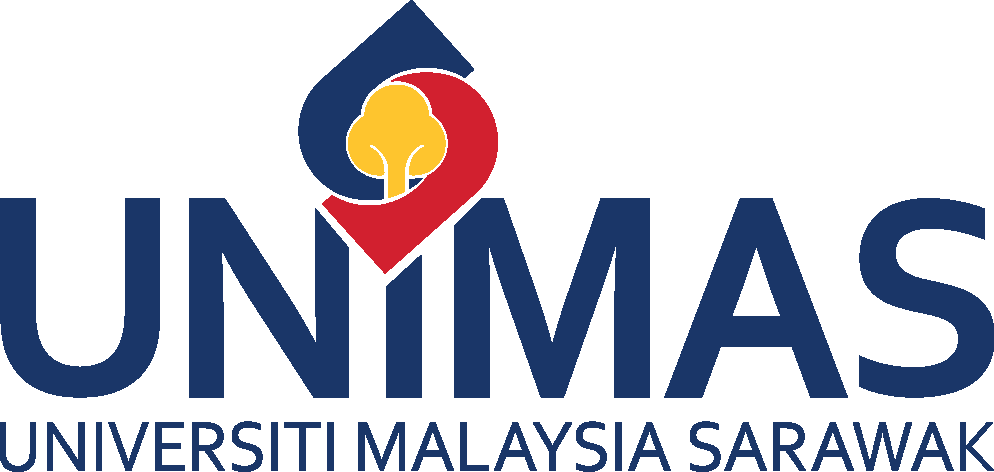
PARTNERSHIP FOR THE GOALS
Through international collaboration and research, review comparative approaches and develop international best practice on tackling the SDGs
No. | Description | Evidence | ||||||||||||
|---|---|---|---|---|---|---|---|---|---|---|---|---|---|---|
1. | Working internationally with partners from Spain, Portugal, Laos and Cambodia, UNIMAS is launching a “Circular Economy Living Laboratory for Social Innovation” to translate global circular-economy practices into local action. Drawing on case studies—tomato greenhouses in Spain, tyre-infused roads in Portugal, bottle-collection incentives in Laos—the initiative captures comparative insights and adapts them for Sarawak’s context. By combining research, stakeholder workshops and community co-creation, the project aims to build best practices that support Sustainable Development Goals such as responsible consumption/production and climate action. | |||||||||||||
2. | In August 2024, a multi-party meeting took place at UNIMAS’s Faculty of Built Environment to chart a joint initiative between UNIMAS, the Sarawak Heritage Society, the Singapore Heritage Society and the Singapore International Foundation. This 2.5-year cultural diplomacy project is designed to document, archive and promote the rich heritage of Sarawak — from traditional arts and economic practices to distinctive architecture and local narratives. The Singapore partners bring heritage-preservation expertise and international liaison capability, while the Sarawak institutions provide local knowledge and field access. Aligned with the UN’s Sustainable Development Goals—especially SDG 11 (Sustainable Cities & Communities) and SDG 17 (Partnerships for the Goals)—the collaboration exemplifies how cross-border cultural exchange can strengthen heritage, community identity and international understanding. | |||||||||||||


